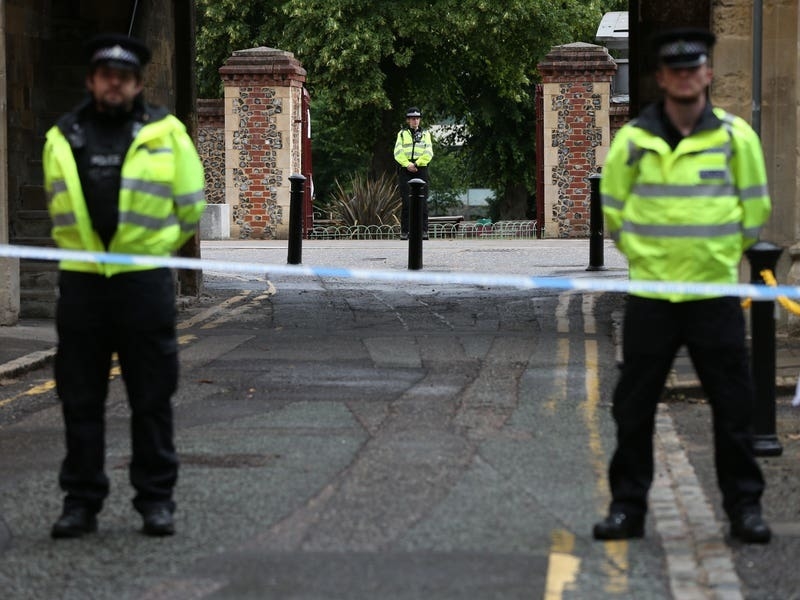Pay demands from junior doctors are “simply unaffordable” despite the threat of industrial action, Scotland’s Health Secretary has said.
The British Medical Association (BMA) Scotland has asked for a 23.5% increase on top of inflation – taking the total rise to around 35%.
However, Michael Matheson told BBC Scotland’s The Sunday Show programme that a pay rise of that scale would result in significant cuts to the NHS budget.
But he pledged to do “everything I can” to avert the possibility of strike action after junior doctors in Scotland voted in favour of their first national walkout over pay.

It could see junior doctors begin preparations for a 72-hour walkout, with dates to be confirmed, if a “credible” offer is not submitted.
A previous increase of 4.5% has been rejected by BMA Scotland.
Mr Matheson said: “I am determined to do everything I can to try and avert the possibility of industrial action because we have saw the level of disruption it caused to the health service when industrial action was taken in England.”
However, he reiterated previous Scottish Government statements which insist the pay demands cannot be met.
He added: “I have been very clear from the outset that 35% is simply unaffordable because it would result in a very significant cut to the health service budget, which would have a detrimental impact on the level of patient services that we could provide.”
Dr Chris Smith, chairman of the BMA’s Scottish junior doctors committee, said emergency care would not be provided during walkouts, with NHS boards being required to arrange emergency cover.
“Our NHS has suffered over a decade of SNP mismanagement, and it simply cannot afford more delays to a system already under immense pressure.
“Junior doctors, like many others in the health service, have suffered through some of the most challenging years the NHS has ever seen.
“They have seen their workload increase as conditions worsen, and their concerns have been falling on deaf ears for years.
“Mr Matheson has an opportunity to fix the issues left by his predecessor and actually work with doctors to make our NHS stronger.”






